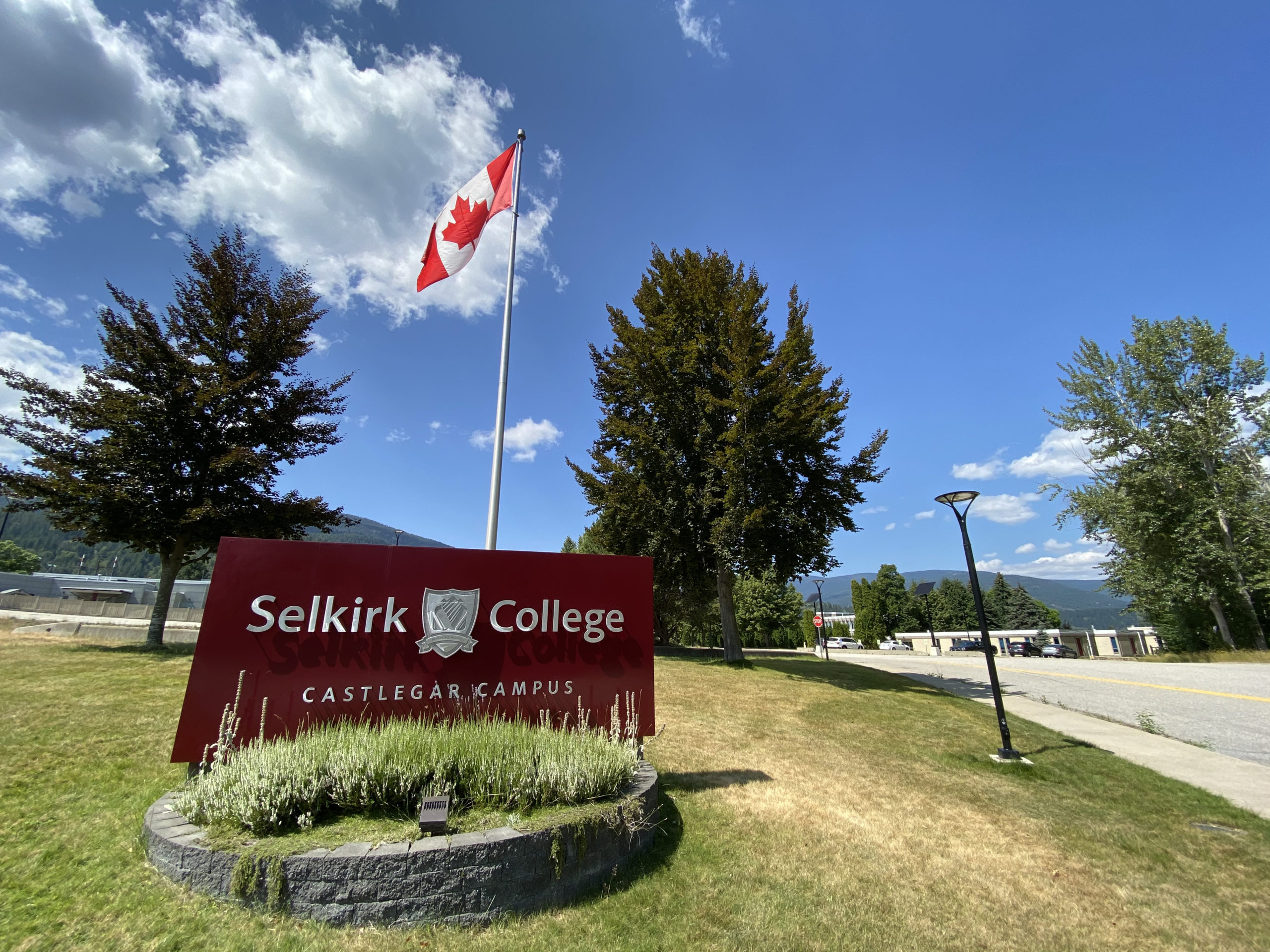West Kootenay international students are opposing the federal government’s plan to re-implement the 20-hour work week limit for international post-secondary students.
Last year, the federal government temporarily lifted a policy that limited international students from working more than 20 hours per week.
The Government of Canada’s website states that the goal of the policy lift was to address the labour shortage and provide international students with a greater opportunity to gain work experience in the country.
The plan was always to re-implement the policy at the end of 2023, but Selkirk College student union president Mahendra Tomar, who is from India, says it’s unfair to re-implement the policy after taking advantage of international students’ willingness to work.
“When Canada was experiencing an economic downfall, they said, ‘hey, it’s a good time to think about international students; we don’t have workers and there’s a labour shortage, so let’s get them to work full time for a year.’ Then get us used to working full time, and then say, ‘OK, now we’re stable, let’s go back down to 20 hours.’ It’s not fair.”
Tomar added that international students pay five times more in tuition than domestic students and their fees went up this year.
“My tuition was raised by $2,000. I’m in social work, and last year it was $14,000, but this year it’s $16,000. Then with the cost of accommodation, I pay $2,500 a month. Twenty hours a week is not sufficient for a student to survive. I work two jobs right now to be stable, and I think students will be hesitant to come to the West Kootenay if this goes through.”
Abhilash Bhasin, a culinary student from India, says he fears re-implementing the policy will force students to find dangerous ways to support themselves.
“We are going to have a mass amount of international students getting caught up in illegal stuff, like human trafficking or exploitation and other illegal cash jobs to try and survive. Some students may not be able to pay their tuition fees and have to give up their studies here.”
Tomar and Bhasin agree that studying in Canada has been more challenging than they assumed. They said they knew it would be expensive but didn’t account for the country’s current economic state and inflation, which has been challenging for them to adjust to.
“When I was in India, I was thinking if I go to Canada, I will earn a good job and I will earn good money and all,” said Bhasin.
“But then I realized the expenses and the state of inflation. Seriously, in Nelson it’s very expensive for accommodations, and our salaries basically go directly to accommodations, and after that, it’s very hard to save money.”
Tomar has been lobbying the government to reconsider and says if the policy is re-implemented, it won’t be good for him and his peers.
“It’s going to be a disaster for us. It’s beneficial for everyone to keep it as is; we are getting more diversity and culture and definitely growing the community. Taking it off doesn’t make sense.”







